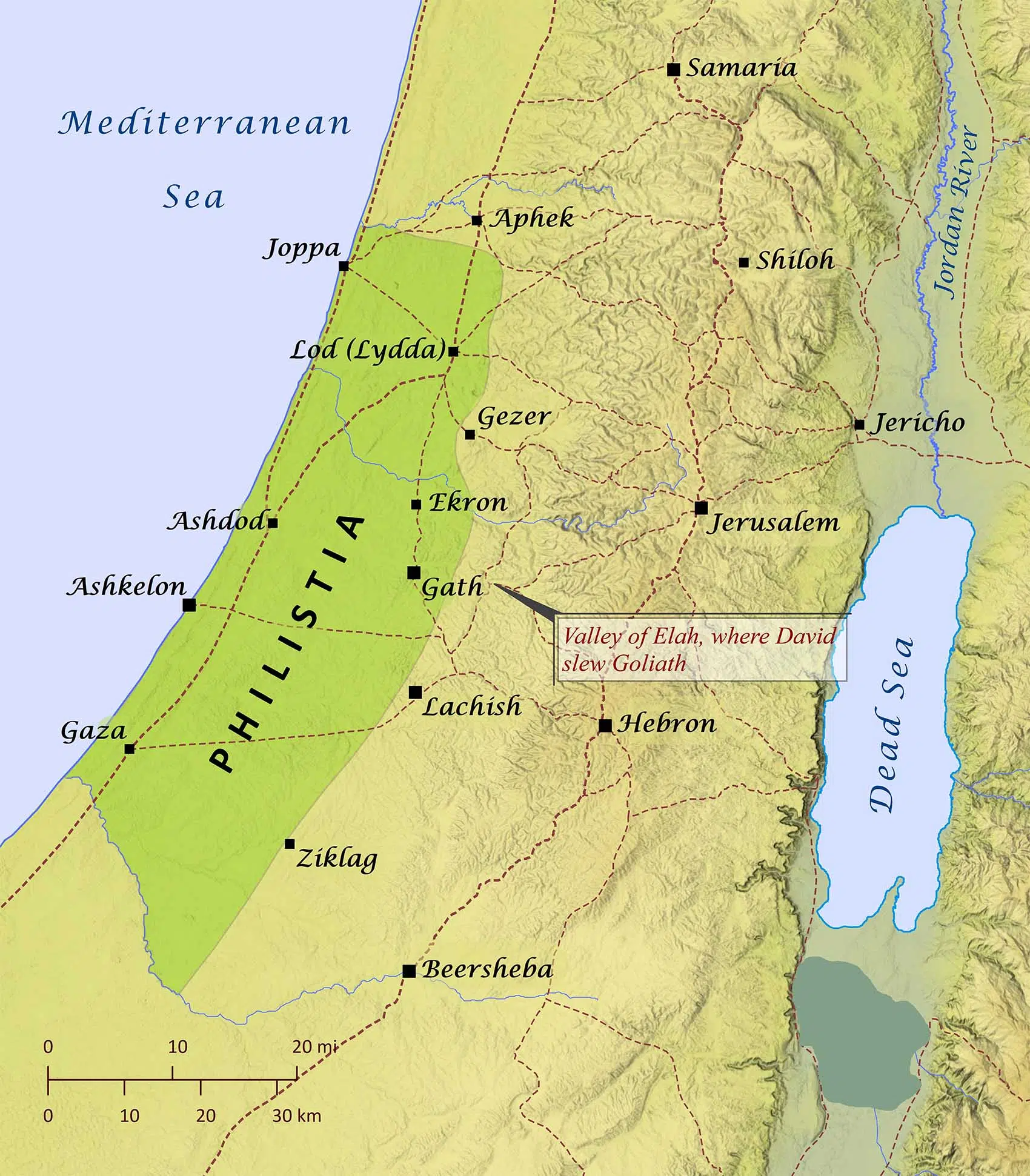In his old age, Samuel appoints his sons Joel and Abijah as judges, but they judge corruptly and take money to determine outcomes.
Now Samuel is old. He has judged Israel for many years. God had retained the legislative branch of Israel’s government to Himself, but had delegated to the people to administer the laws and appoint judges to rule over them (Deuteronomy 16:18). Samuel had been confirmed as a prophet throughout Israel (1 Samuel 1:20). Samuel was also recognized by Israel as a judge, and he “judged Israel all the days of his life” (1 Samuel 7:15). Now it came about when Samuel was old that he appointed his sons judges over Israel.
This likely was an inappropriate action on Samuel’s part, since God had delegated power to the people to appoint the judges. Samuel had appointed two sons as judges, and the name of his firstborn was Joel, and the name of his second, Abijah. Apparently Samuel had appointed them to judge a portion of Israel as a training ground, as they were judging in Beersheba, which is in the southern portion of Israel. Samuel apparently did not learn the lesson from watching his mentor Eli, whose sons were corrupt and brought judgement on Israel (1 Samuel 2-3). Samuel’s sons, however, did not walk in his ways, but turned aside after dishonest gain, and took bribes and perverted justice. In spite of this, Samuel did not remove them.
Biblical Text
And it came about when Samuel was old that he appointed his sons judges over Israel. 2 Now the name of his firstborn was Joel, and the name of his second, Abijah; they were judging in Beersheba. 3 His sons, however, did not walk in his ways, but turned aside after dishonest gain and took bribes and perverted justice.
Check out our other commentaries:
-
Genesis 21:22-24 meaning
King Abimelech knows that God favors Abraham, so he makes a covenant with him, asking for fair and honest dealing. Abraham agrees. ...... -
Haggai 2:3-9 meaning
The prophet Haggai continues with the second message. He urges the returning exiles of Judah to remain strong to rebuild the temple of the LORD....... -
Obadiah 1:17-21 meaning
While Edom will be crushed by God’s judgment on the day of the LORD, Israel and Judah will be restored....... -
Matthew 14:1-2 meaning
Herod hears about the miracles of Jesus and incorrectly presumes that Jesus is John the Baptist returned to life....... -
Deuteronomy 14:11-18 meaning
Moses lists the unclean birds which the Israelites are prohibited from eating. He commands the people to eat any clean bird.......



